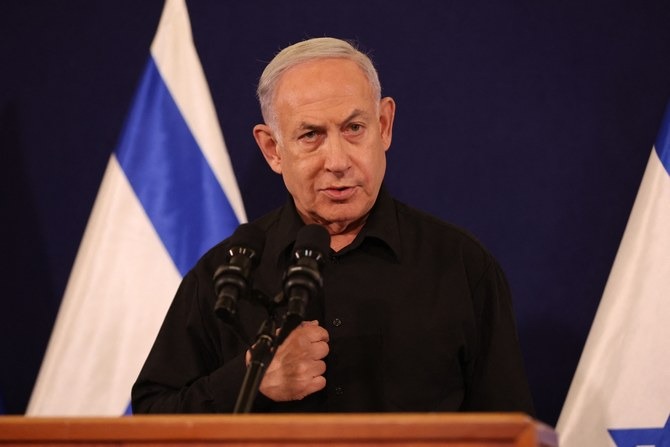In a deeply concerning turn of events, the world has witnessed a striking silence from Western political and media circles when it comes to the chilling statements made by Israeli leaders during the recent conflict in Gaza. This silence, rather than reflecting neutrality, has raised significant concerns about the implicit endorsement of rhetoric that indicates an official Israeli intent to commit war crimes. While the Israeli-Palestinian conflict has always been marked by strong rhetoric, the recent statements have taken a disturbing turn, revealing underlying ultranationalist ambitions.
The Guilt of All Palestinians in Gaza
The first trend that has been observed is the portrayal of all 2.3 million Palestinians in Gaza as guilty, harking back to earlier statements like former Israeli Defense Minister Avigdor Lieberman’s infamous claim that “there are no innocent people in the Gaza Strip.” These comments have only escalated, with Prime Minister Benjamin Netanyahu characterizing the situation as “a struggle between the children of light and the children of darkness.” Such rhetoric not only ignores the reality on the ground but also sends a dangerous message to the 300,000 Israeli reservists called up to fight.
Boasting of Devastating Bombardment
The second trend is a troubling one, as some Israeli officials have openly boasted about the devastating nature of the military campaign in Gaza. Defense Minister Yoav Gallant’s statement that “we will eliminate everything” and his disregard for precision in airstrikes raise concerns about the disregard for international law. Moshe Feiglin even went as far as to call for destruction on a scale comparable to historical tragedies like Dresden and Hiroshima.
Dehumanization and Denial of Basic Necessities
The third trend involves the dehumanization of Palestinians, a process that is deeply disturbing as it paves the way for ethnic cleansing and potential war crimes. From comparing Palestinians to “drugged cockroaches” in the past to describing them as “human animals” in the present, this dehumanization is deeply concerning. Simultaneously, there is a blatant denial of basic necessities such as food, water, medicine, and power, with calls for a total siege that disregards the humanitarian crisis that has afflicted Gaza for years.
These trends, deeply rooted in some sections of Israeli society and leadership, reflect a worrying direction in the Israeli-Palestinian conflict. While it’s important to note that many ordinary Israelis advocate for peace and condemn the extreme rhetoric, the lack of response from Western leaders to the genocidal comments made by Israeli officials is striking. In contrast, similar rhetoric from other parties is readily condemned. For genuine peace to take hold, it is crucial to address these issues and promote a more balanced approach in international diplomacy.















